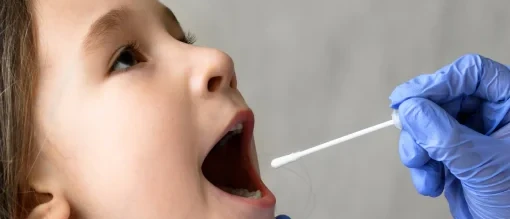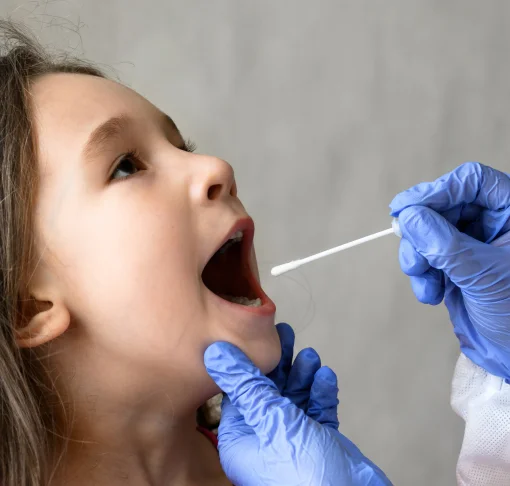- Drug and Alcohol
Court approved hair, nail, blood drug and alcohol testing - Maternity and Paternity
Ministry of Justice approved legal DNA testing - Wider Relationships
Understanding second and third degree familial connections - Immigration
Home Office approved testing for visas and passports - Expert Services
Court standard expert witness reporting - International DNA Collection
Home Office approved DNA collection from overseas
Hair Alcohol Testing
AttoLife excels in advanced alcohol testing by analysing hair samples, providing an insightful and reliable method for assessing alcohol consumption over an extended time period. Hair Alcohol Testing is recognised for its accuracy and can serve as a vital tool in various legal, employment, and healthcare settings.
- UKAS accredited to ISO 17025
- Renowned standard in alcohol testing

01
Long-Term Monitoring
Hair Alcohol Testing offers insight into a donors’ history of alcohol intake, beneficial for ongoing cases, treatment plans, or monitoring sobriety over a period of months.
02
Non-Invasive
Head hair samples are collected discreetly and the process can be carried out in any location.
03
Evidentially Sound
Hair samples for alcohol testing are taken directly by a professional, ensuring a full chain of custody.
Why Hair Alcohol Testing?
Hair Alcohol Testing is considered a highly reliable method for assessing chronic alcohol use. Hair on the human scalp grows approximately 1 centimetre per month. Alcohol consumption is reflected in the hair through the presence of certain biomarkers, Ethyl Glucuronide (EtG) and Ethyl Palmitate (EtPa), which are incorporated into the hair shaft.
For chronic alcohol assessment, hair analysis usually covers 3 to 6 months, offering a more long-term overview compared to blood or breath tests. It is particularly valuable for legal cases, custody disputes, employee screening, and monitoring treatment programs.
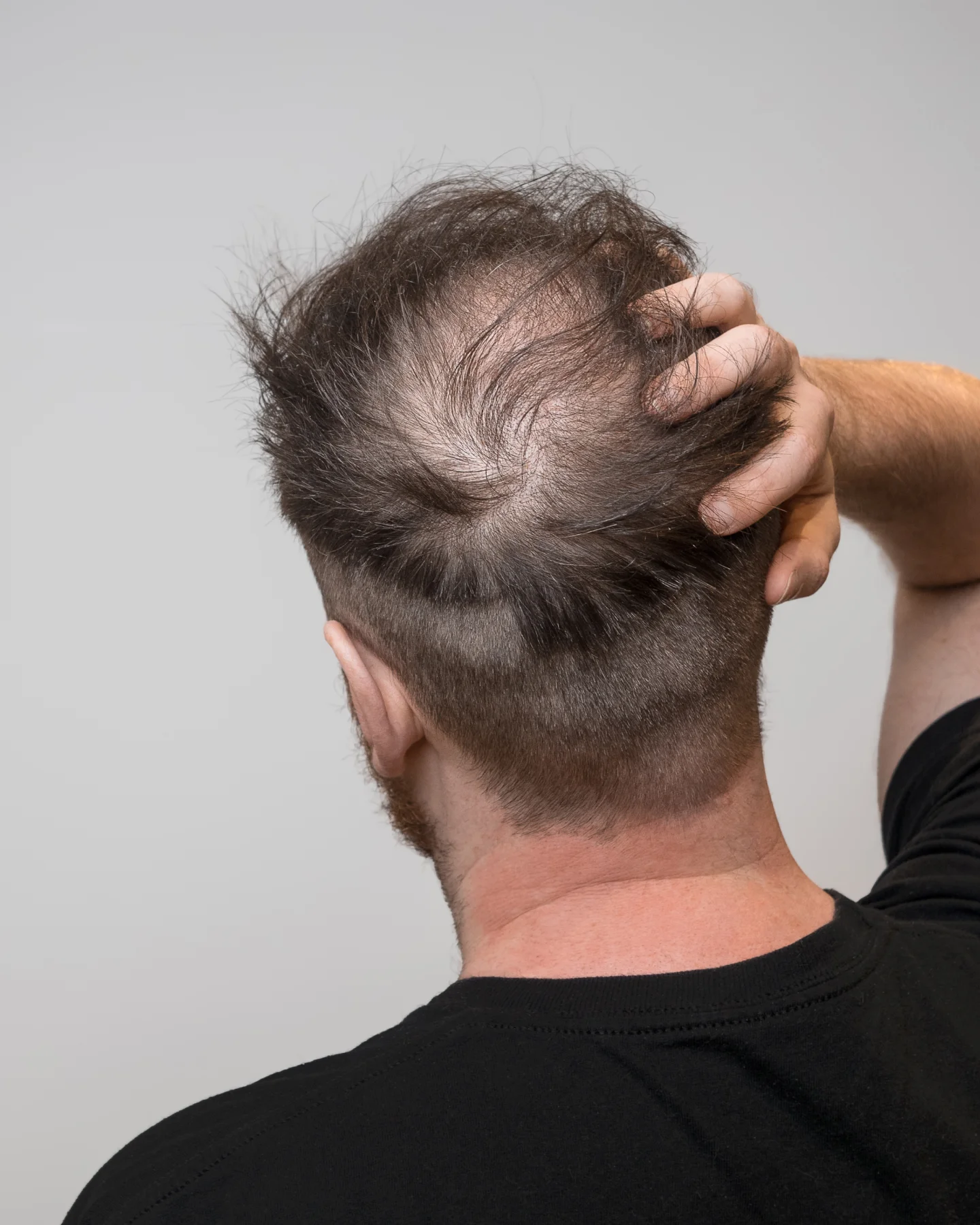
How Hair Alcohol Testing Works
Step 1
Identify Collection Area
When collecting head hair, our samplers will always try and take hair from the ‘posterior vertex region’ of the head (back of the crown). This is where the hair growth is often most consistent and thickest, making it more likely that we will have enough sample weight to test. The back of the head is also more discreet for cosmetic purposes. In cases where head hair is not available, body hair can be used as an alternative, such as arm, leg or chest hair.
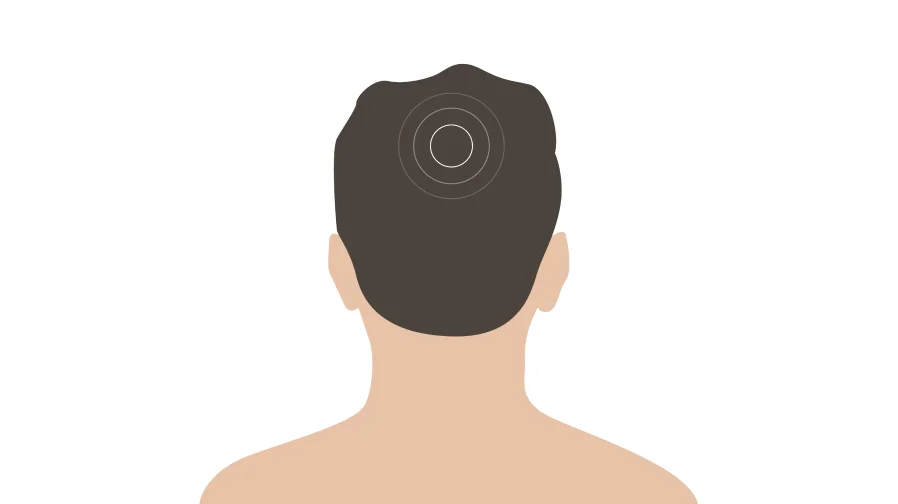
Step 2
Sample Collection
We need two samples of hair which each need to have the thickness of a pencil when held together. This requires drawing hair from a larger area of the scalp. This may sound like a lot, but without a full sample we may not be able to complete the analysis. The sample is cut as close to the scalp as possible to ensure suitability for testing.
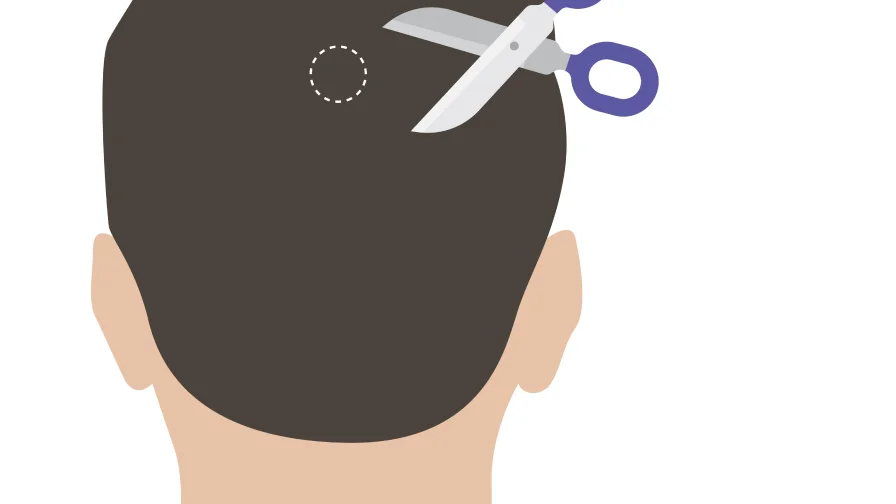
Step 3
Analysis of Alcohol Markers
Once the hair sample is collected, it's washed and then screened for alcohol metabolites using mass spectrometry. Analysing the presence and concentration of these markers provides an assessment of alcohol consumption during the detection window.
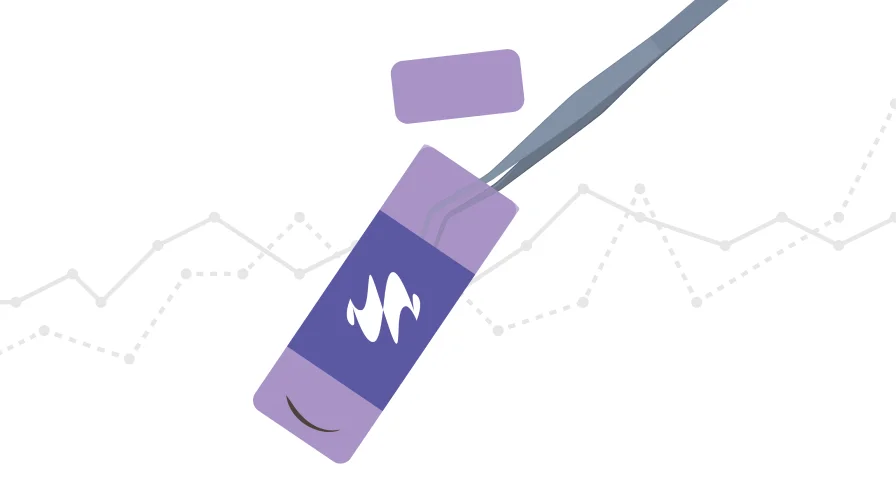
Step 4
Deliver Results
Hair alcohol testing results are widely accepted in professional and legal contexts, making them an indispensable tool for solicitors, local authorities, and other professionals. For us, the process is complete when we have written an expert witness statement, presenting a full interpretative breakdown of the results over the given time period.

Is Hair Alcohol Testing Right for You?
Strengths of Hair Alcohol Testing
Provides a long-term history of alcohol intake, typically 3-6 months
Highly accurate in detecting specific alcohol markers
Legally defensible as the hair is collected by a professional
Non-invasive without the need for specialised collection environments
Suitable for most people as multiple body sites can be used
Limitations of Hair Alcohol Testing
Requires a certain length of hair, typically, a 3 cm sample reflects a 3-month history
Cosmetic hair treatments (e.g. bleaching, perming) can affect test accuracy
Markers might not be detectable immediately after consumption; it takes days for markers to be incorporated into the hair shaft.
Contamination from hair products containing alcohol must be considered
